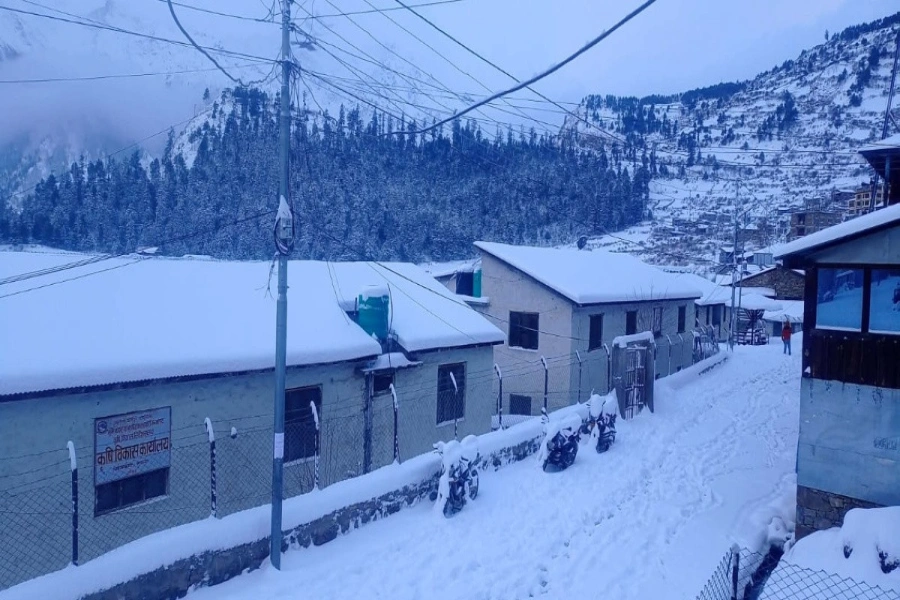There was an agreement reached between the Nepali Congress and CPN-UML before the formation of Sushil Koirala-led government in February, 2014, to elect new president, vice president, speaker and deputy speaker and prime minister. The NC had agreed to hand over the government leadership to the UML.But when will the election process of these key posts begin then?
The new constitution has made clear provisions that a fresh process to elect these top state official positions must begin within a week to a month after the promulgation of new statute.
According to the provisions in the new constitution, parliament must start the process of electing new prime minister within seven days after the promulgation of the new statute if the current House session is not prorogued. In case parties decide to prorogue the parliament session, the president should summon new house session within a week of commencement of the new constitution.
However, the government is planning to prorogue the House session from Saturday as Prime Minister Sushil Koirala is scheduled to visit New York to attend the United Nation General Assembly (UNGA).
Article 297 of the new constitution states that a new prime minister must be elected in consensus within seven days of the promulgation of the new statute. Parliament must initiate the process to form a consensus government after seven days if consensus efforts failed to yield result.
Although the government is planning to prorogue the House session on September 19, parliament must start the process to elect new prime minister at latest within 14 days of the promulgation of new statute. While President is required to call House session within seven days of the commencement of the new statute, parliament must start the process the elect new prime minister within the next seven days as per the Article 292 of the new statute.
The new constitution has a new provision that bars opposition parties to bring vote of no-confidence motion against prime minister before six month of his/her election. Opposition parties can bring no-confidence motion against prime minister only in a gap of minimum six-month time.
Likewise, parliament must elect Speaker and Deputy Speaker within 20 days of the start of the new house session. Article 292 states that parliament must elect speaker and deputy speaker within 20 days if there is consensus among political parties and in case there is no consensus, parliament must start majority process to elect new speaker and deputy speaker after the 20-day time for consensus-based election expires.
Similarly, parliament should elect President and Vice President within 30 days after the start of the House session. In case there is no consensus among parties to elect president and vice president, parliament must start majority-based process within 30 days after the start of the House session. The president and vice president elected under transitional arrangement will automatically become relieved once new president and vice president are elected through electoral college after state restructuring process is completed.
NRB announces vacancies for 67 positions





































